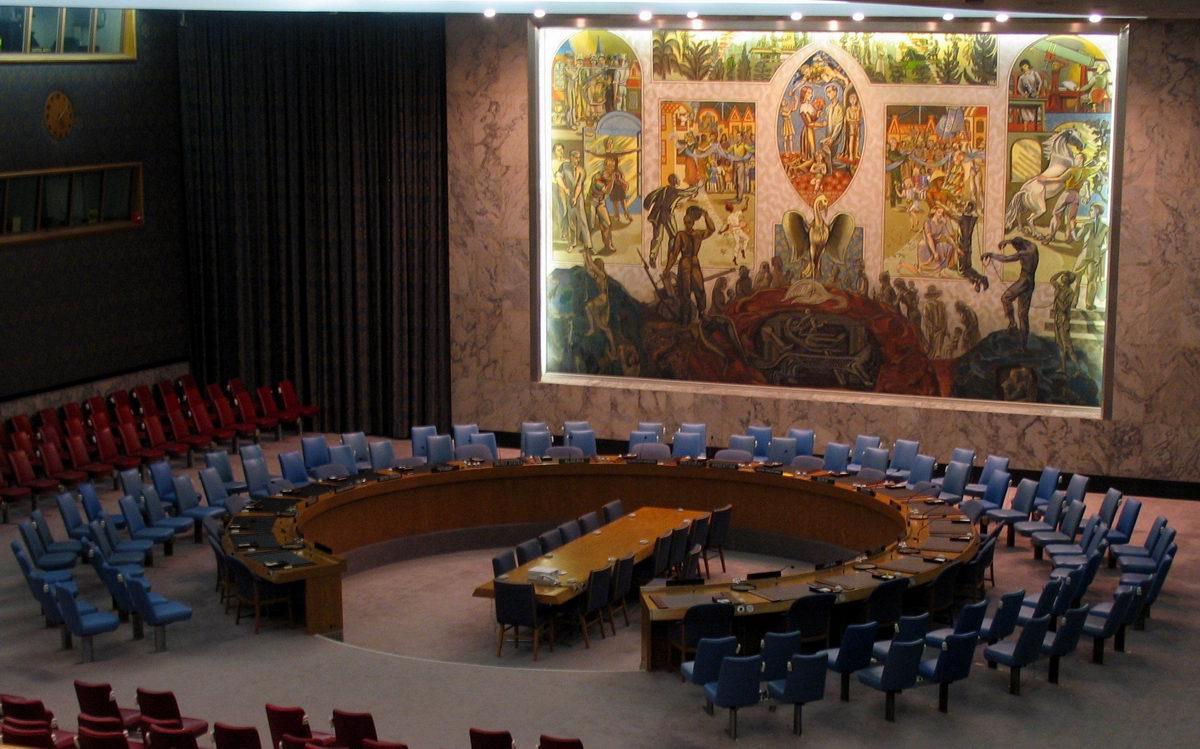The UN process is working, let the chemical weapon demolition begin
The UN Security Council is poised to endorse a tough measure to ensure Syria abandons its chemical weapons.
Today's a big day for the US-led effort to rid Syria of its chemical weapons. The outfit to be tasked with the actual legwork of finding and destroying the weapons inside Syria is the Organisation for the Prohibition of Chemical Weapons (OPCW).
A senior figure with OPCW has told the BBC that he expects members of the staff to arrive in Syria by Oct. 1 or 2.
OPCW officials are meeting in The Hague to approve their plan. Then, the United Nations Security Council is expected to pass a resolution supporting that plan soon afterwards. Once that happens, perhaps even today, the Obama administration will be able to pat itself on the back.
At one point, US officials said that the UN pathway for dealing with Syria couldn't work. On Thursday evening, US Ambassador to the UN Samantha Power was singing a very different tune.
"This is the first time since the Syria conflict began 2½ years ago that the Security Council has imposed binding obligations on Syria – binding obligations of any kind. The first time. The resolution also establishes what President Obama has been emphasizing for many months: that the use of chemical weapons anywhere constitutes a threat to international peace and security. By establishing this, the Security Council is establishing a new international norm."
Syria is expected to join nearly every country on Earth by ratifying the international ban on chemical weapons in the next couple of weeks. The White House points to President Obama's threat to use US military force in Syria as the key to this diplomatic victory.
But it is way too early for the US to declare victory.
The real test of Obama's diplomatic strategy begins next week, when weapons inspectors get to work in Syria. Getting rid of an estimated 1,000 tons of toxic nastiness is likely to cost billions of dollars. A chemical weapons expert told us recently that one plant built by the US military for disposing of chemical munitions took five years to build and cost about $500 million. That's just one building.
And keep in mind, there's a brutal civil war playing out in Syria. So it will be hard to protect the team of inspectors and weapons technicians as they work. When inspectors drove to the site of a chemical attack outside of Damascus last week, their SUVs came under sniper fire. Talk about poor working conditions.
According to the new OPCW plan, the goal is to destroy the chemical stockpiles by mid-2014. That's just a year from now.
Every day, reporters and producers at The World are hard at work bringing you human-centered news from across the globe. But we can’t do it without you. We need your support to ensure we can continue this work for another year.
Make a gift today, and you’ll help us unlock a matching gift of $67,000!
